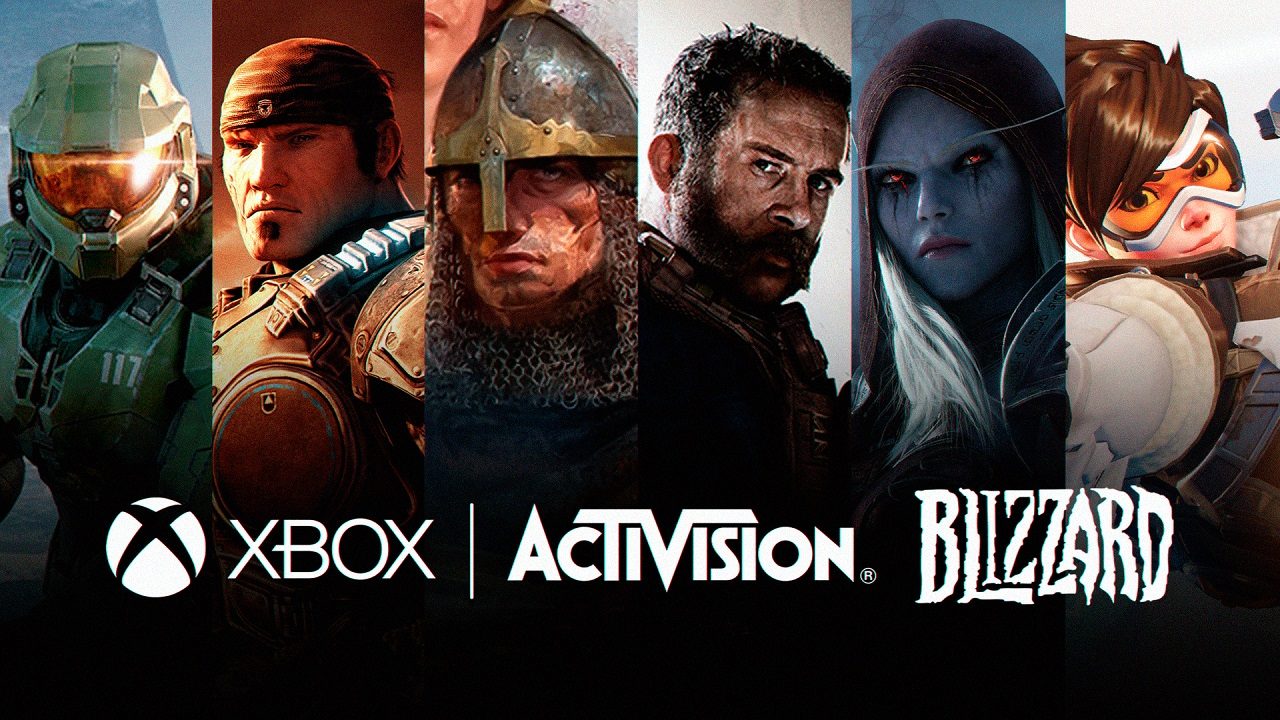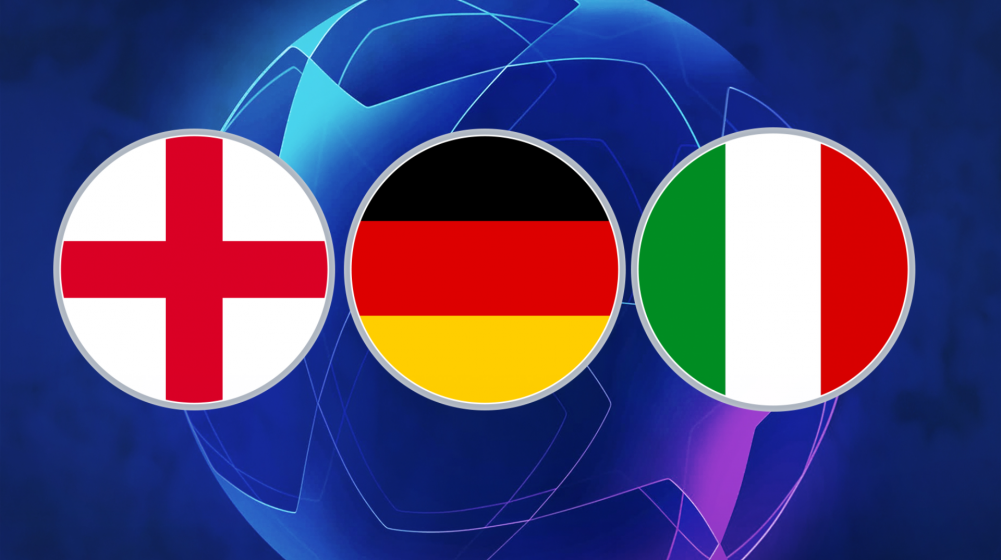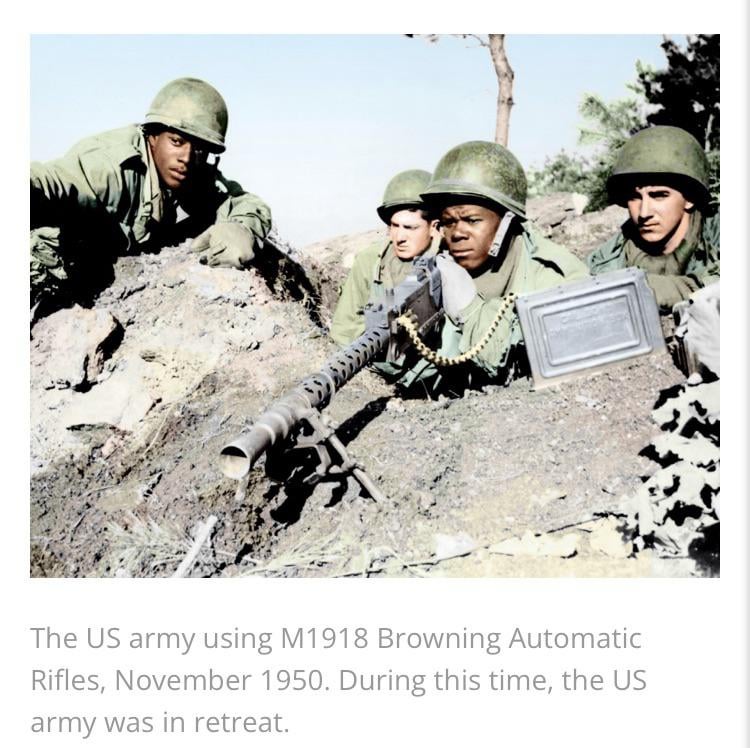Activision Blizzard Deal: FTC's Appeal Against Court Decision

Table of Contents
The FTC's Case Against the Merger
The FTC's core argument centered on the assertion that the Microsoft-Activision Blizzard merger would create an anti-competitive environment within the video game market. This argument was built on several key pillars.
Anti-competitive Concerns
The FTC argued that the merger would significantly reduce competition, primarily focusing on the immensely popular Call of Duty franchise. Their concerns stemmed from:
- Exclusive Access to Call of Duty: The FTC feared Microsoft would leverage its ownership of Activision Blizzard to make Call of Duty exclusive to its Xbox console and Game Pass subscription service, effectively locking out competitors like Sony PlayStation. This would severely damage PlayStation's market share and limit consumer choice.
- Market Dominance and Reduced Choice: The FTC contended that the merger would consolidate Microsoft's already significant power in the gaming market, leading to reduced competition, higher prices, and fewer innovative games for consumers. They pointed to Microsoft's substantial market share in cloud gaming and its potential to leverage Activision's portfolio to further strengthen its position.
The Judge's Ruling
Despite the FTC's arguments, a federal judge dismissed the lawsuit, ruling that the agency hadn't presented sufficient evidence to prove its claims of anti-competitive behavior. Key aspects of the ruling included:
- Insufficient Evidence of Harm: The judge found the FTC's evidence insufficient to demonstrate that Microsoft's acquisition would substantially lessen competition in the gaming market. The judge cited a lack of compelling evidence supporting the argument that Call of Duty would become exclusive to Xbox.
- Criticism of FTC's Methodology: The judge also questioned the FTC's economic modeling and the methodology used to assess the potential harm to competition.
- Microsoft's Commitments: The court also considered Microsoft's commitments to keep Call of Duty available on PlayStation, a point emphasized by Microsoft throughout the legal proceedings.
The FTC's Appeal: Arguments and Strategy
Undeterred by the initial setback, the FTC launched an appeal, focusing on challenging the judge's interpretation of the presented evidence and the application of relevant legal precedent.
Grounds for Appeal
The FTC's appeal is built upon several core arguments:
- Reinterpretation of Evidence: The FTC likely aims to present a stronger case, focusing on reinterpreting existing evidence to highlight potential anti-competitive behaviors missed by the lower court.
- Emphasis on Consumer Harm: The appeal will likely reiterate and strengthen the argument that the merger would ultimately harm consumers through reduced choice and potentially higher prices.
- New Evidence and Expert Testimony: The FTC may introduce new evidence or expert testimonies not presented during the initial trial to bolster their claims.
Potential Outcomes of the Appeal
Several outcomes are possible for the FTC's appeal:
- Affirmation of the Lower Court Ruling: The appeals court could uphold the original decision, effectively ending the FTC's legal challenge.
- Reversal of the Lower Court Ruling: The appeals court could reverse the lower court's decision, blocking the merger.
- Remand to the Lower Court: The appeals court could send the case back to the lower court for further proceedings or a new trial.
The timeline for the appeal process remains uncertain, but its outcome will directly impact the closing date of the Microsoft-Activision Blizzard deal.
Implications for the Gaming Industry and Beyond
The outcome of this Activision Blizzard deal appeal has significant implications that extend beyond the gaming industry.
Impact on Game Developers and Publishers
The success or failure of the FTC's appeal will create a precedent-setting legal framework, fundamentally influencing future mergers and acquisitions in the gaming industry:
- Merger Scrutiny: The outcome will likely increase scrutiny of future large-scale mergers and acquisitions within the gaming sector.
- Pricing and Availability: A successful appeal could lead to increased regulatory oversight, potentially impacting game pricing and availability for consumers.
- Regulatory Landscape: The case's result will influence how regulators approach mergers in the gaming industry and potentially lead to revisions in antitrust regulations.
Broader Antitrust Implications
The Activision Blizzard case's implications extend far beyond the gaming world, impacting antitrust enforcement and the regulation of large technology mergers across various sectors:
- Future Antitrust Lawsuits: The ruling will serve as a significant precedent for future antitrust lawsuits, guiding how regulators assess mergers in other industries.
- Antitrust Regulation: The case could spark discussions and potential reforms regarding antitrust regulations, particularly concerning mergers involving large technology companies.
- Other Industries: Similar merger reviews in other technology and media sectors will be strongly influenced by the outcome of the Activision Blizzard appeal.
Conclusion
The FTC's appeal in the Activision Blizzard case represents a critical juncture for the gaming industry and antitrust law. The outcome will significantly shape the future of mergers and acquisitions within the technology sector and redefine the competitive dynamics of the video game market. Staying informed about the ongoing developments in this Activision Blizzard deal is crucial for anyone interested in the future of gaming and the evolving landscape of antitrust regulations. Keep following this case to understand its impact on the industry and potential shifts in regulatory oversight.

Featured Posts
-
 Will The Premier League Secure An Extra Champions League Place Analysis And Predictions
Apr 29, 2025
Will The Premier League Secure An Extra Champions League Place Analysis And Predictions
Apr 29, 2025 -
 Red Sox Player Jarren Duran Fan Ejected Following Suicide Attempt Disclosure
Apr 29, 2025
Red Sox Player Jarren Duran Fan Ejected Following Suicide Attempt Disclosure
Apr 29, 2025 -
 2025 Porsche Cayenne Interior And Exterior Detailed Photo Gallery
Apr 29, 2025
2025 Porsche Cayenne Interior And Exterior Detailed Photo Gallery
Apr 29, 2025 -
 Austrian And German Ministers Abort Syria Visit Following Security Warning
Apr 29, 2025
Austrian And German Ministers Abort Syria Visit Following Security Warning
Apr 29, 2025 -
 Understanding The Ccp United Fronts Operations In Minnesota
Apr 29, 2025
Understanding The Ccp United Fronts Operations In Minnesota
Apr 29, 2025
